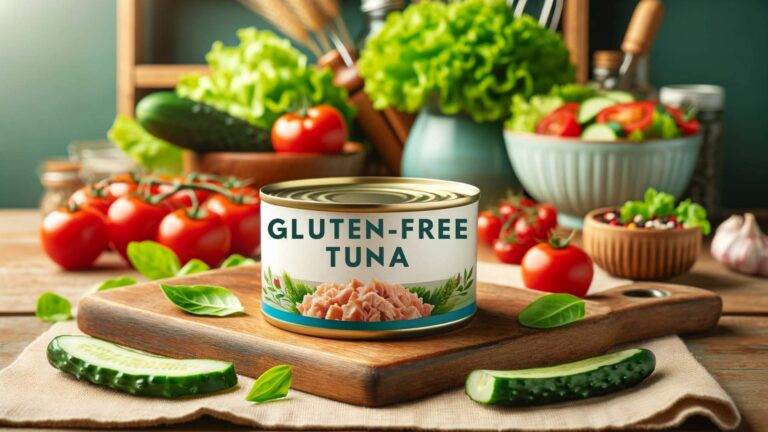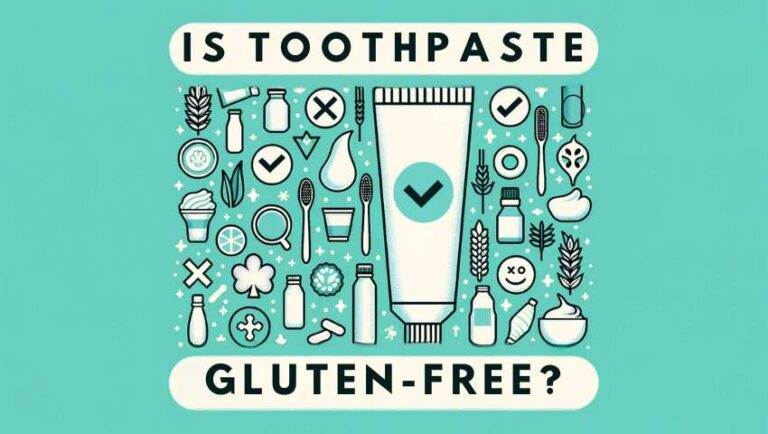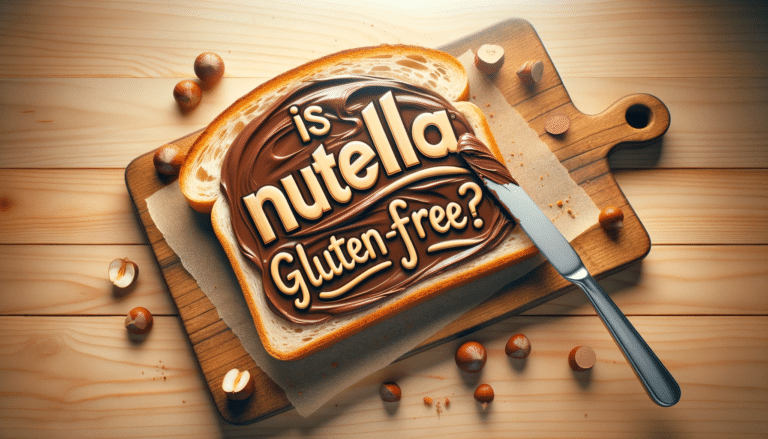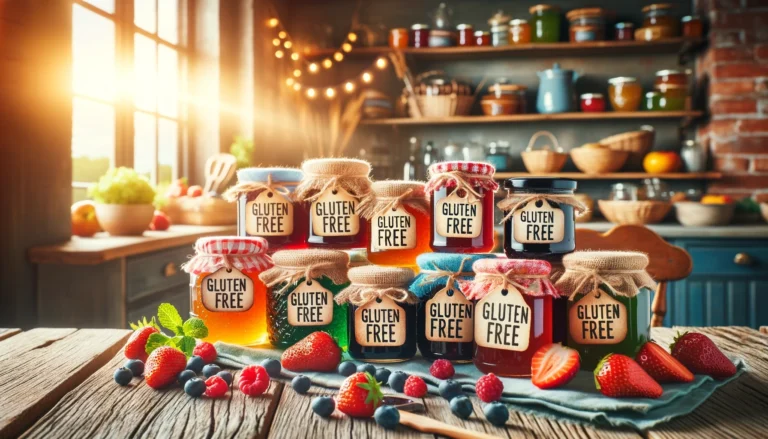Is Gin and Tonic Gluten Free? Discovering Safe Sips for Celiacs & The Gluten Intolerant
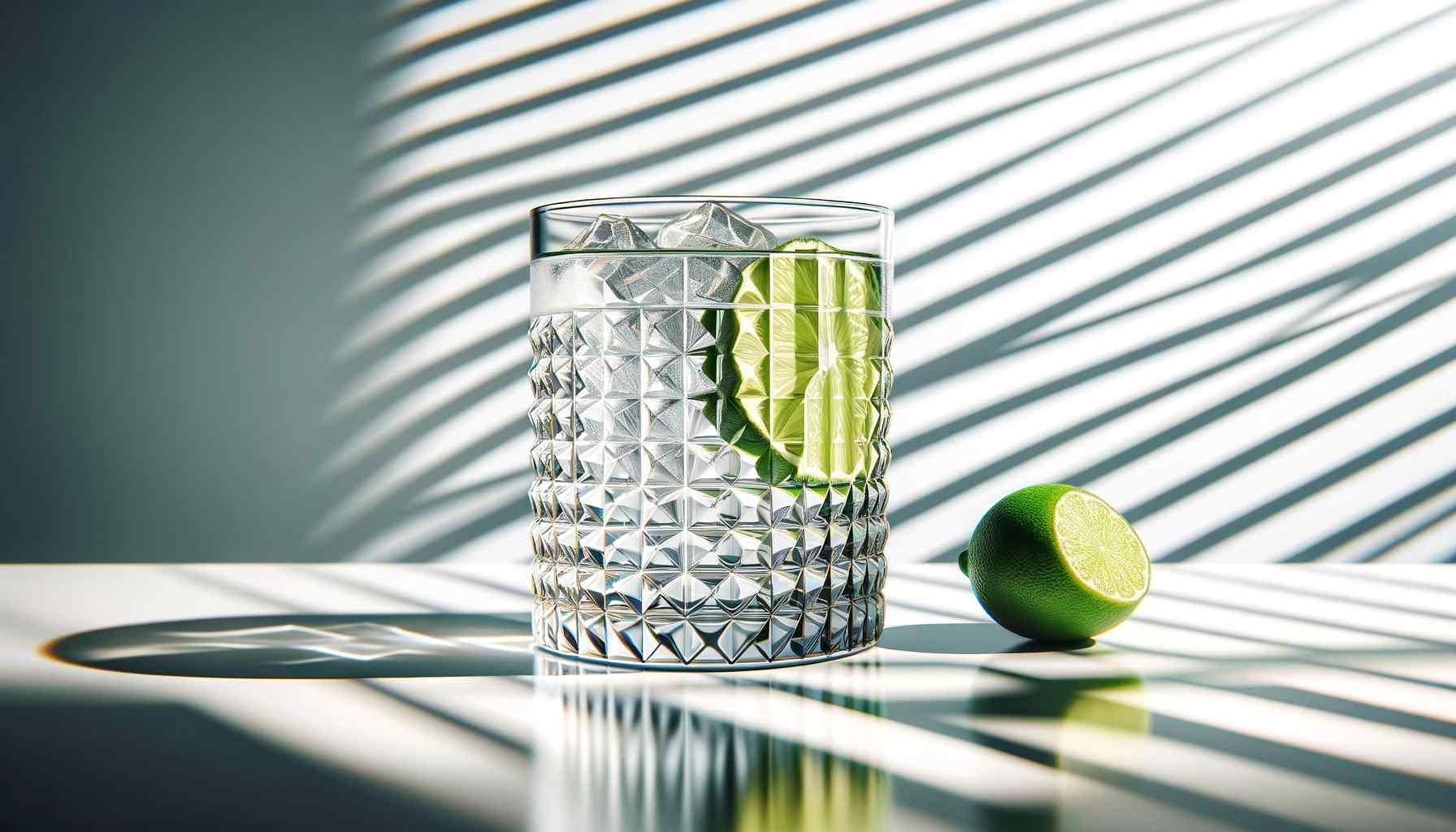
If you’re wondering whether a gin and tonic is gluten-free, I’ve got good news for you. Most gin and tonics are indeed gluten-free, making them a safe choice for those with gluten sensitivities.
But there’s a bit more to know about why they’re typically safe and what exceptions you might need to watch out for.
Stick with me, and I’ll jump into the details that will help you enjoy your drink worry-free.
Is Gin and Tonic Gluten Free?

Let’s get to the heart of the matter: Is gin and tonic gluten free? The quick answer is a resounding yes, for the most part. Gin originates from distilling grains that may include wheat, barley, or rye, which are all sources of gluten.
However, the distillation process removes the vast majority of impurities, including gluten, to such an extent that the final product is considered gluten-free by FDA standards. This means that most gin brands are safe for consumers who have gluten intolerance or celiac disease.
But let’s not forget about tonic water. Tonic water, on the other hand, is naturally gluten-free as it’s simply a carbonated soft drink.
It contains a mixture of quinine, sweeteners, and often some flavoring. These ingredients don’t contain gluten, and so, the tonic water itself is a safe mixer for those avoiding gluten in their diet.
But, there are exceptions to this rule. Although rare, certain gin brands might use additives or flavorings that contain gluten. This is why I always suggest reading labels carefully and, if in doubt, contacting the manufacturer to ensure the gin in your tonic is 100% gluten-free.
Here’s a breakdown of considerations to keep in mind:
- Most Gin is Gluten Free: The distillation process generally removes gluten.
- Check for Additives: Some gins may have flavorings with gluten.
- Tonic Water is Safe: It’s inherently gluten-free, but check for additives.
Gluten-Free Certification: For total peace of mind, look for gins that have been certified gluten-free. These gins have undergone rigorous testing to guarantee their gluten-free status and are the safest bet for anyone with a serious gluten allergy or celiac disease.
Remember, while the alcohol content in gin is high enough to kill off any residual proteins, including gluten, not all products labeled as “gluten-free” are created equal. If you’re especially sensitive to gluten, go for brands that make it their mission to cater to your needs.
Does Gin Contain Gluten?
Distilling Process
I’ve often heard concerns about gin potentially containing gluten, especially since it’s made from grains like wheat, barley, and rye, which are known gluten culprits.
But here’s the catch: the distillation process actually eliminates gluten proteins.
During distillation, the liquid is heated until it becomes vapor before being cooled and condensed back into liquid form. This process focuses on extracting the essence of the base ingredients, leaving behind impurities – among these, gluten proteins.
Since they don’t evaporate, gluten doesn’t make it into the final gin product. Distilled spirits, including gin, are considered gluten-free [1], which is reassuring news for gin enthusiasts with gluten sensitivities.
Ingredients in Gin
While the base alcohol of gin is typically gluten-free post-distillation, ingredients added afterward can muddy the waters.
Botanicals like juniper berries, coriander, citrus peel, and herbs give gin its distinctive flavor. These are naturally gluten-free, but it’s the addition of flavorings or additives after distillation that can introduce gluten back into the spirit.
Some gins include a secret blend of botanicals or use barrel aging, which could potentially expose the gin to gluten.
When I’m picking out a gin, I look closely at the labels for clues about additives. If I’m still unsure, reaching out to the manufacturer directly can clarify whether their gin remains gluten-free after the entire production process.
My best tip for anyone with gluten concerns is to search for gins that carry a Gluten-Free Certification, as this ensures the product meets strict standards for being free of gluten.
Checking for certifications and understanding the distillation process are key steps in enjoying gin without the gluten worry. Keeping this in mind, one can confidently select a gluten-free gin to mix into that refreshing tonic.
Is Tonic Water Gluten Free?
Traditional Tonic Water
When it comes to tonic water, there’s good news for those on a gluten-free diet. Traditional Tonic Water is generally gluten-free.
The basic ingredients typically include carbonated water, a sweetener, and quinine. For those unfamiliar with quinine, it’s the substance that gives tonic water its distinctive bitter taste and has no gluten-containing compounds. Hence, similar to pure gin, the starting base of tonic water doesn’t contain gluten.
But, it’s always in your best interest to stay vigilant. While the fundamentals of tonic water are gluten-free, cross-contamination is always a risk, especially when manufactured in facilities that process gluten-containing products.
If you’re particularly sensitive to traces of gluten, double-checking with the manufacturer or opting for products that are labeled gluten-free can offer that extra reassurance.
Flavored Tonic Water
You’ll need to exercise a bit more caution in the arena of flavored tonic waters. These tonics often have additional ingredients that could contain gluten.
The additives that create flavor complexity in tonic water can vary widely, from varieties that boast hints of lemon to exotic botanicals.
Manufacturers may use natural or artificial flavorings and some of these might be derived from gluten-containing sources.
My advice? Always check the labels of flavored tonic water for any mention of gluten or gluten-containing ingredients.
I also recommend contacting the manufacturer directly if there’s any uncertainty. Some companies go the extra mile to ensure their flavoring agents are gluten-free, and they often advertise this on their packaging.
Look for tonic water brands that carry a gluten-free certification or explicitly state they’re gluten-free.
There’s a growing trend of consumers demanding transparency in food labeling, and many companies are responding to this by clearly indicating whether their products are suitable for those with gluten intolerance.
In your quest to find the perfect mixer for your gluten-free gin and tonic, being informed is key.
With a little care in selection, you can enjoy your favorite cocktail without the worry of gluten exposure. Keep an eye on the ingredients, and you’ll be well on your way to a safe and satisfying sip.
Gluten Free Alternatives to Gin and Tonic
When I’m looking for a gluten-free drink, it’s not just the gin and tonic I consider.
There are plenty of alternatives that cater to those who are sensitive to gluten or suffer from celiac disease. These alternatives not only meet the gluten-free criteria but also offer a twist on the classic drink.
Hard Seltzers have become increasingly popular, and it’s easy to see why. These refreshing beverages are typically made from carbonated water, alcohol, and fruit flavorings—most of which are naturally gluten-free.
Brands like White Claw and Truly offer a range of flavors and are clear about their gluten-free status.
For those who enjoy the bitterness of tonic water, substituting with sparkling mineral water and a twist of lime or lemon can be a fantastic alternative. This option maintains the effervescence and zing without the risk of gluten.
Crafting a gluten-free cocktail with a base of gluten-free vodka or rum, mixed with fresh juice or a splash of soda, is yet another way to enjoy a spirited beverage without worry. I always ensure that the spirits I choose are certified gluten-free.
Ciroc (made from grapes) and Tito’s Handmade Vodka (distilled from corn) are two great examples of gluten-free spirits brands.
When I’m out or hosting a get-together, I can’t forget about non-alcoholic options. Mocktails crafted from a mix of fresh fruits, herbs, and ice provide a sophisticated and inclusive option for everyone.
A virgin mojito or a fancy lemonade can easily steal the show without any gluten concerns.
I also keep in mind the surge of gluten-free beers and ciders available on the market.
They’re crafted to emulate the taste profiles of traditional beers and ciders without gluten, giving another way to enjoy the beer experience during social events.
Also Read: Is Aperol Gluten-Free?
Is Gin and Tonic Gluten Free? – Final Thoughts
Gluten-free drinks await, effortless and full of variety.
Hard seltzers and certified gluten-free spirits ensure your glass is always brimming with possibility.
Elevate your mocktails with fresh fruits and herbs for a twist of delight.
Craving a gin and tonic? Gluten-free alternatives promise the same classic satisfaction.
Cheers to health—your next great drink is just a pour away.
Disclaimer: This content is based on my personal experience as an individual diagnosed with celiac disease and IBS (Irritable Bowel Syndrome) who follows a strict gluten-free diet. This does not constitute medical advice. Please consult a medical professional, nutritionist, or qualified dietitian for personalized, professional advice.


